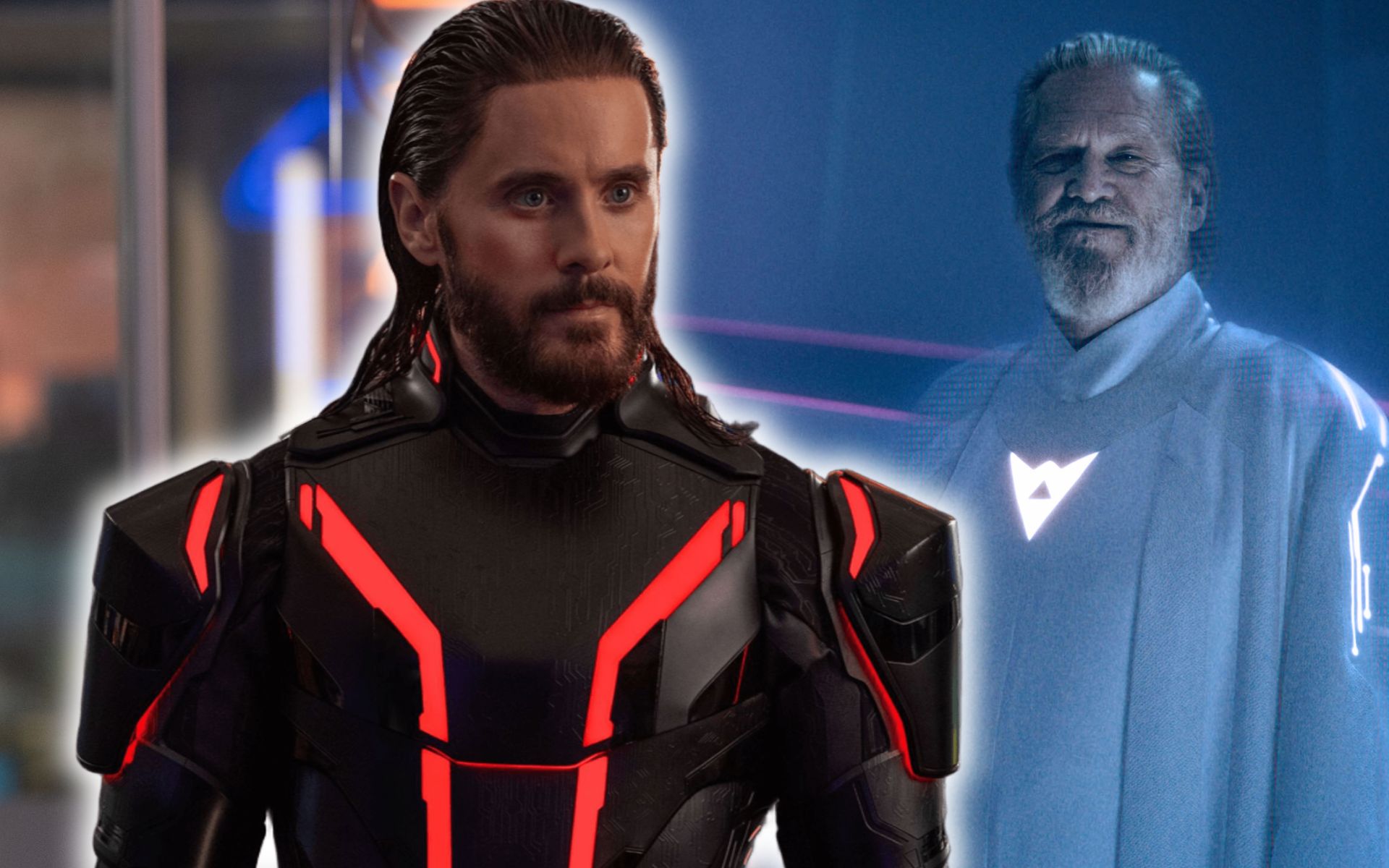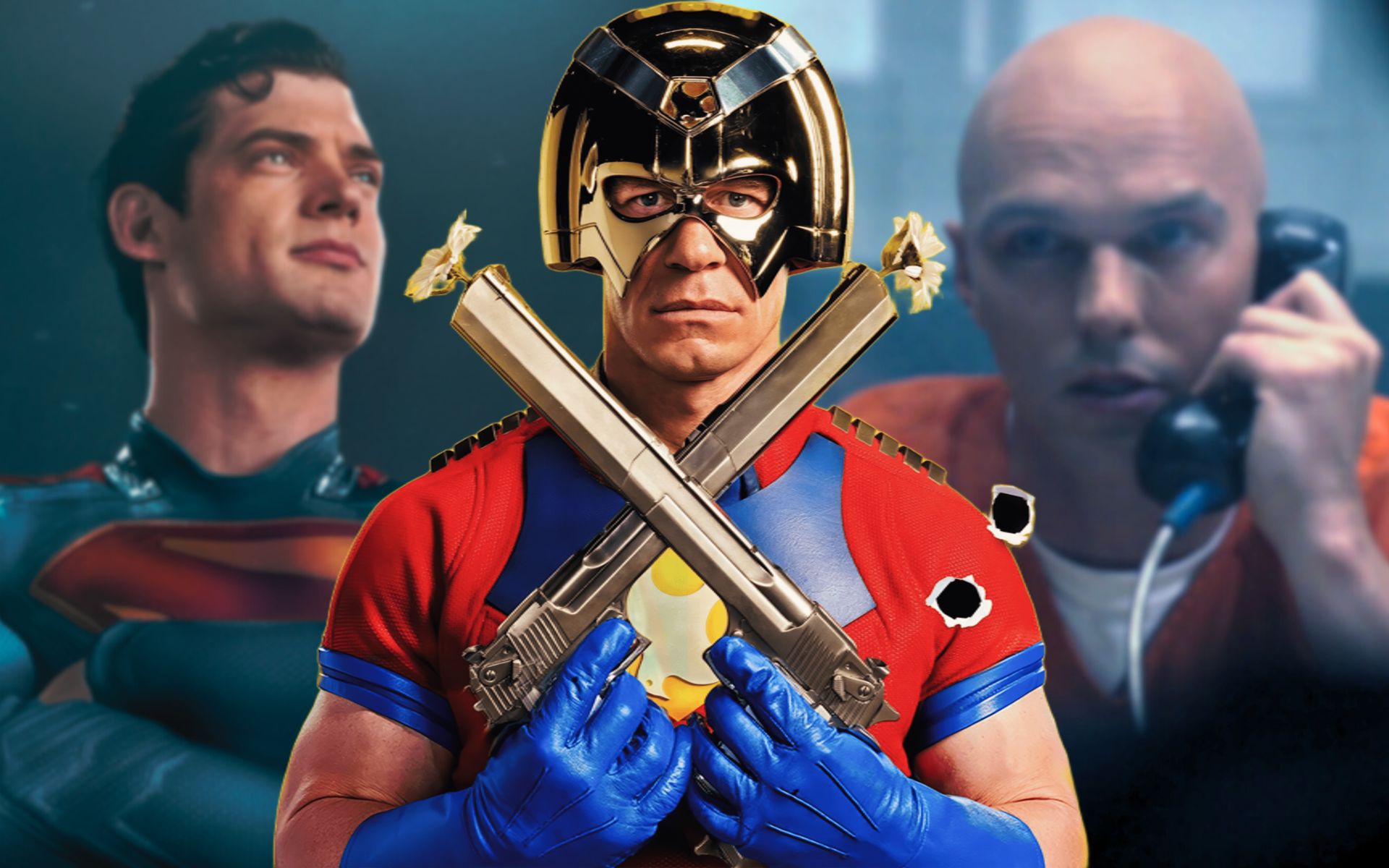In 1975, the film was released on the big screen. Salo, or 120 days of Sodomwhich is considered one of the most controversial in cinema. Director Pier Paolo Pasolini adapted the work of the same name by the controversial Marquis de Sade. and turned it into a mixture of violence, horror and sex. And all this in the ruins of Italy, devastated by fascism and completely destroyed by the Second World War.
But beyond the controversial scenes of sexual assault, assault and violence, the film has a clear political and philosophical underpinning. The director turns the victims of Salo’s powerful men into a painful allegory of cultural submission to totalitarian ideas. What’s even sadder is that power can become a bloodthirsty and depraved monster in the wrong hands. Horrifying scenes of rape and murder are played out on screen. The film also reflects on evil, humanity and the future through disturbing symbols.
In recent years, cinema has created some of its best works thanks to such combinations. The combination of philosophy and cinema allows not only acute insight into the great dilemmas of history and society. At the same time, he has the ability to show in allegorical images the power of human imagination as the creator of his reality. Below, we leave you with ten films with powerful philosophical underpinnings that you should watch if you are interested in exploring the intellectual and metaphysical dimensions of cinema. From a version of collective fear based on paranoia to the concept of the monster as a paradigm of tolerance. The selection includes several titles that will make you think carefully about humanity, modern identity, and even your own spirituality.
Leave the world behind
Director Sam Esmail demonstrated the series Mister Robotthe way reality can be distorted through the distortion of the senses. Especially when technology and modern isolation often become a painful limitation on identity.
Something similar can be said about his latest film. Leave the world behindwhich talks about an impending apocalypse scenario. Within this premise, the director reflects on mistrust and collective paranoia as the psychic breeding ground for disaster.
But it also takes another step in a worrying direction. If the apocalypse the characters apparently face destroys civilization, What should survive as a trace of vanishing humanity? An idea coinciding with the thoughts of the Greek philosopher Anaximanderwhich imagined the end of times as a process to be left behind, as a story worth telling. What the plot remembers in the final scene in question.
They’re knocking on the door

M. Night Shyamalan film, poses, at first glance, an insoluble dilemma. In the story (based on the book by Paul Tremblay), a family is forced to kill one of its members in order to prevent a global cataclysm. The sacrifice must be voluntary and cannot be suicide or be forced. Consequently, this will force the chosen ones to solve their own plight for the sake of the survival of the world as they know it.
The plot twist is based on the so-called Bonus amounts, a philosophical tenet that strives for the highest well-being above personal well-being. This is something that the director brings to the climax when his protagonists must make a decision that will even confront them with the discrimination and prejudice they have suffered from. Is private sacrifice necessary given an essentially unjust world? This is the big question that the plot raises and is resolved in a powerful and complex final scene. Fun fact: Shyamalan changed the book’s conclusion to heighten the tension of the cinematic narrative.
Men: Terror in the Shadows

In this horror film with philosophical overtones, Alex Garland gets to the root of all evil. Is it an external force or one that survives and manifests itself through human decisions? The film does not attempt to solve Plato’s dilemma directly, but rather presents it through Harper’s (Jessie Buckley) experience. After he survived an act of violence that left him injured. The character will try to recover physically and mentally by moving away from the city.
But her rural holiday will lead her to a terrifying opportunity. Is evil everywhere, does it manifest itself in the shades of such an idea, and is it always lurking? Garland avoids dramatic answers, so he chooses fear to explore the possibility that evil is a force and even an entity alien to man. One of the most radical plots of the film.
Hole

Galder Gaztelu-Urrutia’s feature film examines the survival of humanity through the supremacy of the fittest. And he does it in the most ruthless way. In the indefinite future, detention centers – of what nature the film does not specify – will subject prisoners to merciless tests. Die of hunger or face a bloody struggle for survival.
All this time, the platform slowly descends from level to level with a table full of succulent delicacies.. The cruel trap that the system hides? Because prisoners are moved frequently, they may find themselves in a position where they have to depend on the decisions of others in order to survive.
Thus, the film reflects on human selfishness, which each prisoner must decide whether to discard or not in order to move forward to the next day. The hardest test they will have to face.
Destruction

Alex Garland’s film explores people as creators of their own reality. From the sublime to the monstrous, what begins as a journey into uncharted territory becomes an expression of the characters’ inner landscapes. Also, in a unique version of hopelessness that becomes increasingly difficult as a group of scientific researchers succumb to terror and fear.
It’s a tricky topic, and the film, based on Jeff VanderMeer’s book of the same name, doesn’t do much explaining. Thus, he maintains much of his message in scenes of great beauty that clearly lack context. Or, at best, they become one mystery after another. When finally only one of the explorers survives, the uncertainty will reveal itself like a painful final scene. It’s through a nightmare reunion
Matrix Saga

In 1999, Lilly and Lana Wachowski changed cinematic science fiction forever. With obvious references to works such as anime. Ghost in armorbooks Neuromancer William Gibson and Paprika Yasutaka Tsutsui, Matrix made a revolution in his direction. Not only for combining dystopia with themes such as religion and philosophy, but also for creating its own mythology from this mixture.
Neo (Keanu Reeves) is a predestined messiah whose goal is to save a futuristic society devastated by the brutality of machines. Morpheus (Laurence Fishburne) – a person who will help you understand the nature of reality. But what begins as a battle for human freedom turns into something much larger.
Four films, four games and a series of shorts later, the premise of what is real and created by technology has taken on the edges of pure existentialist thought. With elements of all kinds of religious beliefs, mythology and pop culture references. saga of Matrix I re-founded the idea of the origin of collective identity.
From the garden

Hal Ashby’s film, based on Jerzy Kosiński’s book of the same name, is a fable. But at the same time, a mocking criticism of a vain and selfish society obsessed with its superficial ideas. The script puts all of the above into the context of a seemingly harmless character who will test the gullibility of an entire country. And all this while posing as a politician with no other support other than a series of extravagant misunderstandings.
But what appears to be a complex game with plot twists becomes increasingly deeper and unique as you discover its best allegories. Chauncey Gardiner (Peter Sellers) is a gardener who rises through the ranks thanks to his long silences and monosyllables. The misunderstandings, understandings and assumptions of an arrogant culture will do the rest. In its final scene, when the mysterious turns almost into a collective illusion, the story leaves behind a great question about the meaning of truth.. The philosophical subtext makes the film a discreet classic.
The Truman Show

Long before the media became obsessed with exposing the private, director Peter Weir was pondering this question.. He did this in a very gritty film with a tongue-in-cheek background, allowing Jim Carrey to give one of his best and most memorable performances.
Truman Burbank (Kerry) leads an ordinary life in an ordinary city, in a calm marriage. At least until sporadic inexplicable situations arise, such as the fact that his wife seems to be selling products to an invisible audience. Or some stranger runs enthusiastically in your direction, claiming that he is on TV.
This story of exposure, a culture of vanity and, ultimately, the greed for recognition, grows darker by the moment. Especially when Truman finally discovers that on the other side of the always blue sky awaits him the reality he has known since birth. With an apotheotic, painful and slightly dark ending, the film is perhaps the best allegory of modern eradication in cinema of the last fifty years.
Contact

A scientific epic par excellence, it is also a philosophical exploration of the meaning of life and the future of man. Based on the book of the same name by astrophysicist Carl Sagan, it follows the efforts of a doctor. Ellie Arroway (Jodie Foster) for discovering traces of some extraterrestrial civilization. But also his personal search for the meaning of individual purpose, the power of the human creative imagination and, ultimately, the mysteries of the cosmos.
But this story, while remaining on a strictly scientific basis, analyzes existence and its dimensions with a certain distant neutrality. However, once first contact occurs and the universe is understood as part of a larger plan, Ellie will find her deepest purpose. This is a demonstration that everything that happens in the layer of reality is intended for the highest good. At the same time, in search of sublime communication with the infinity that surrounds our world. The most curious and powerful message from a science fiction classic.
Elephant Man

David Lynch’s film, based on the story of John Merrick, who became a circus attraction due to elephantiasis, is a tragic gem. At the same time, philosophical reflections on beauty, good and evil, a discriminatory society and, ultimately, the search for that very personal goal.
All wrapped up in a tight, well-constructed plot, with a script that details Merrick’s (John Hurt) transformation until he finds his spiritual fulfillment. What begins as a macabre tale of abuse and ugliness ends as an ode to hope that explores the nature of people and their beliefs. A story that uses philosophy for meditation about prejudice and discrimination as the darkest manifestations of modern arrogance.
Source: Hiper Textual













